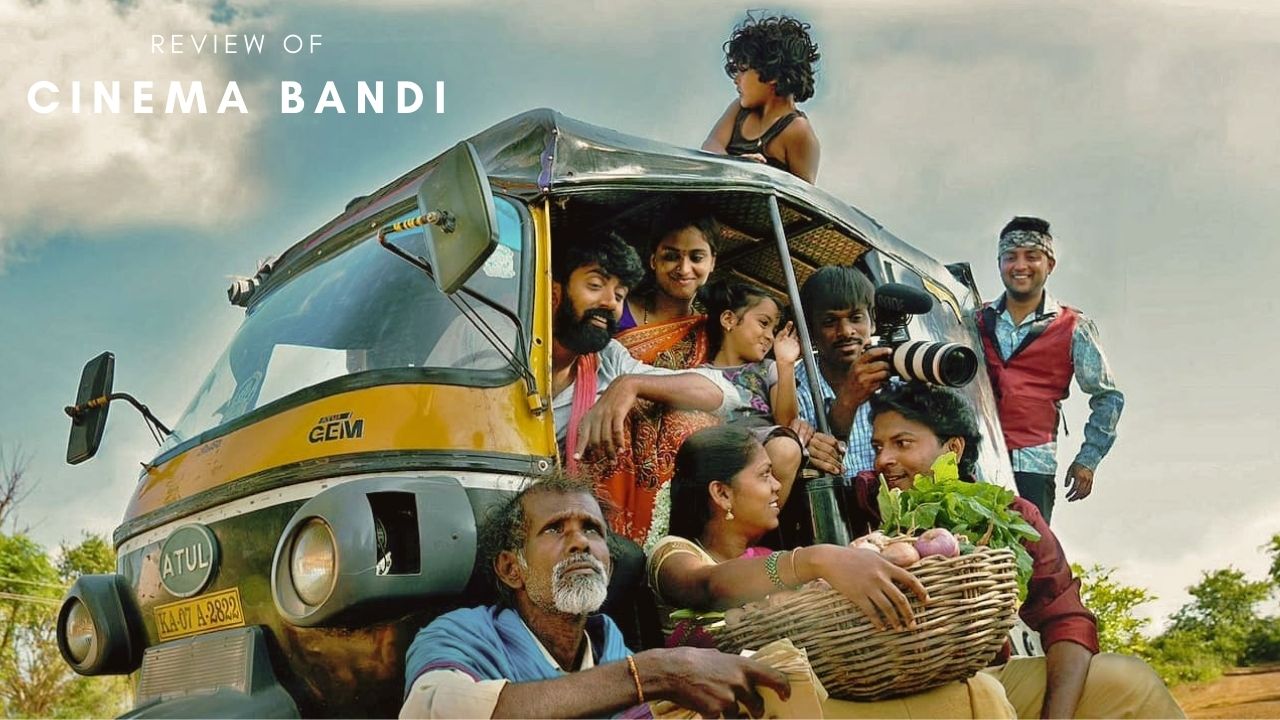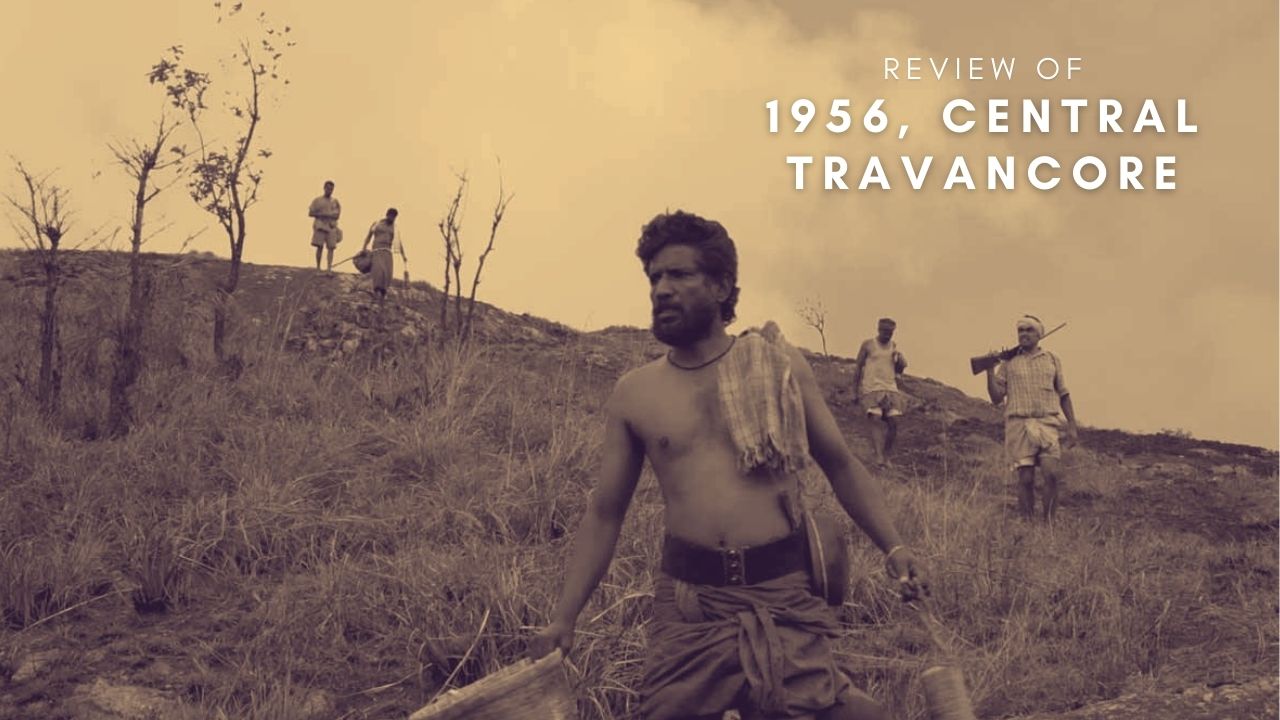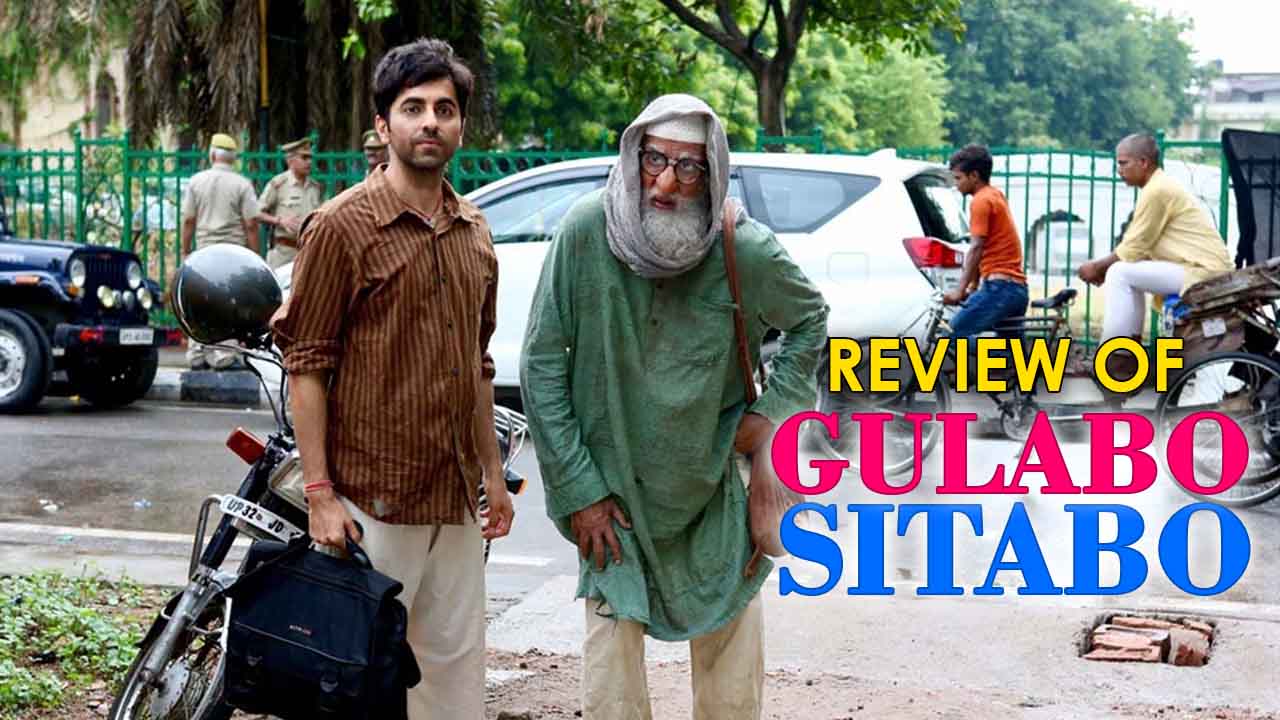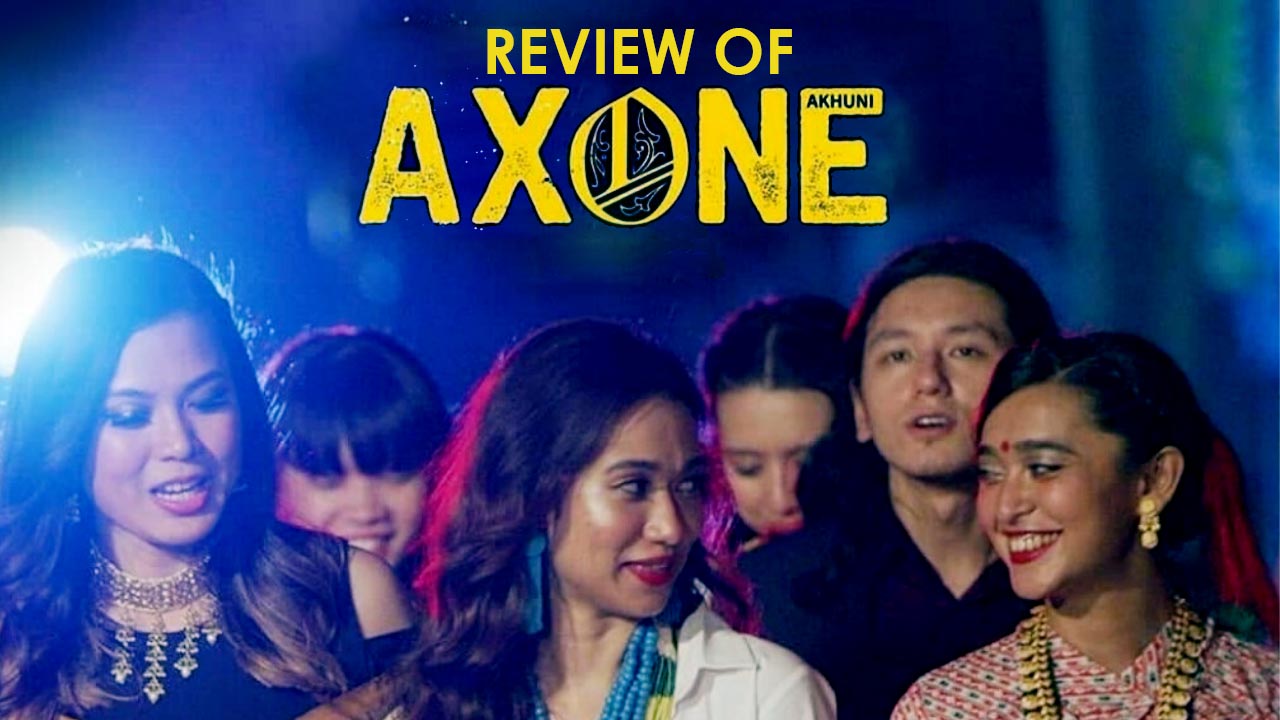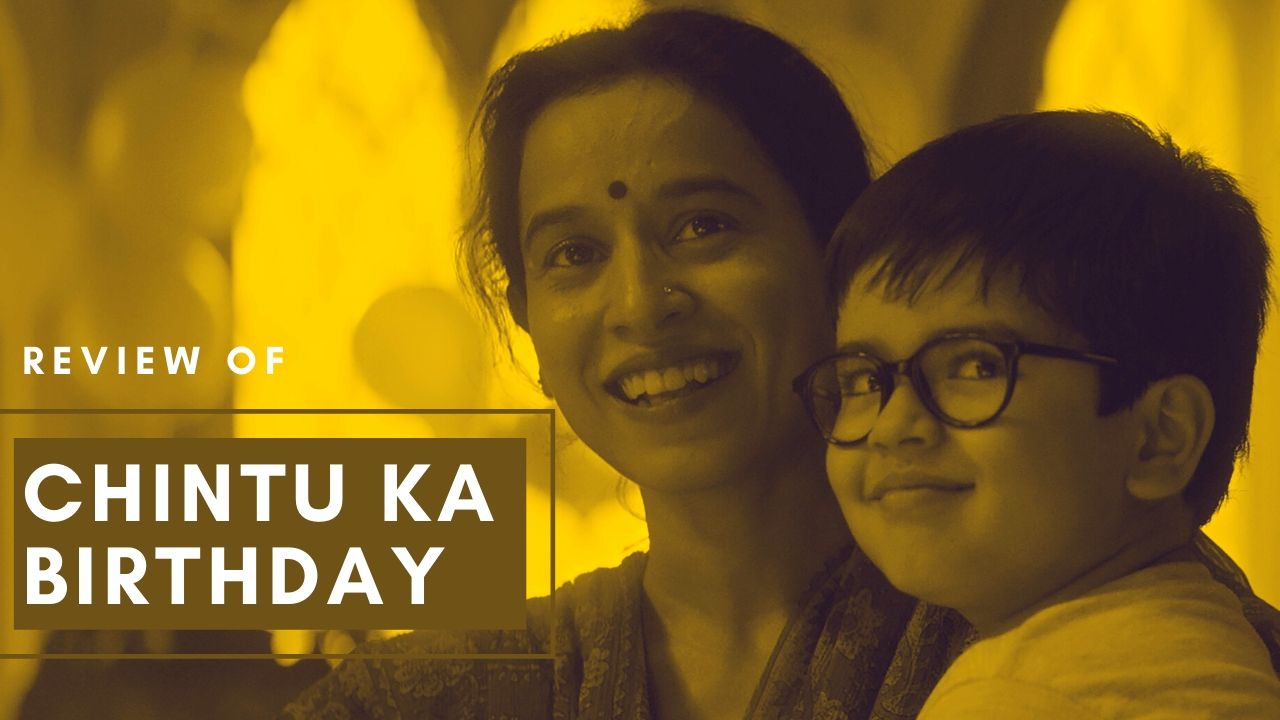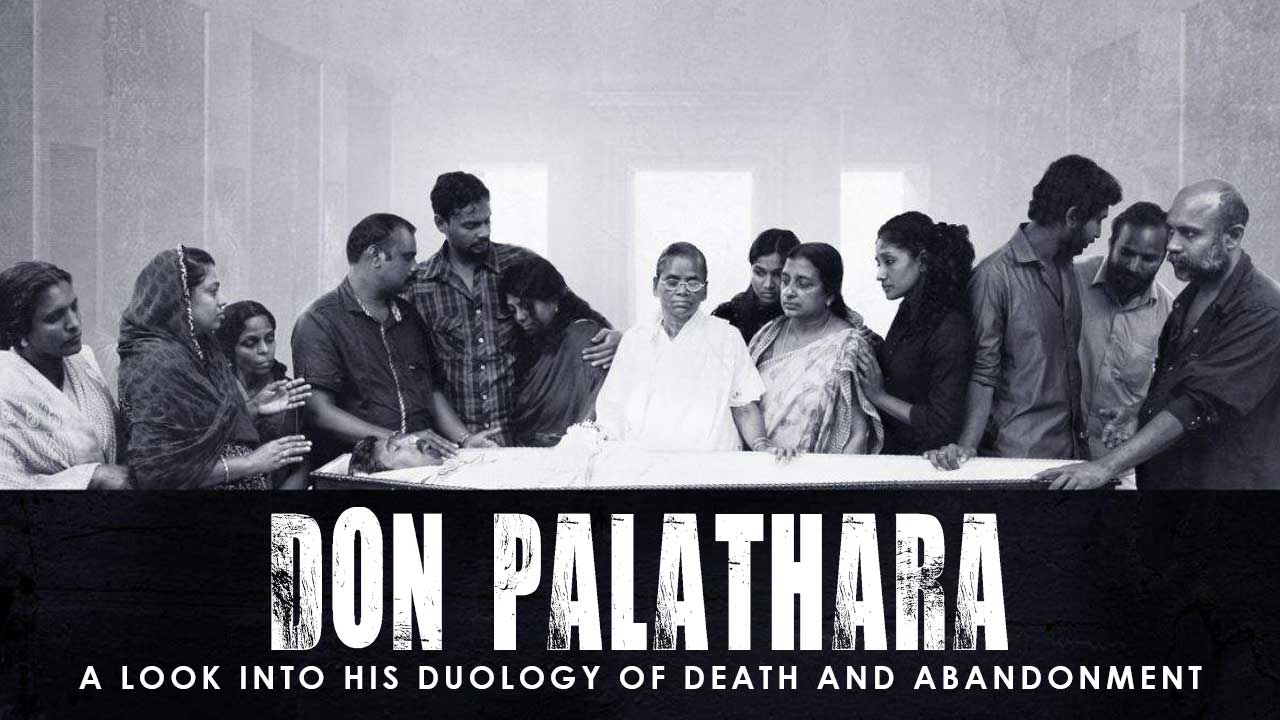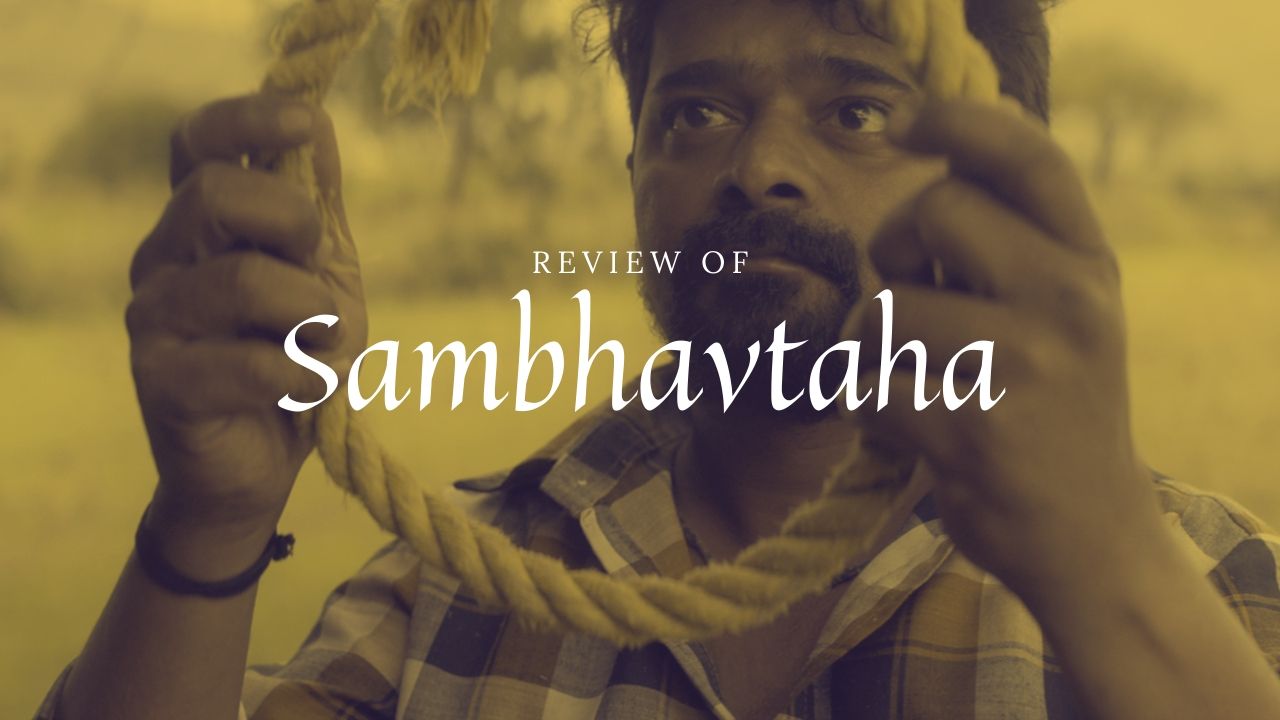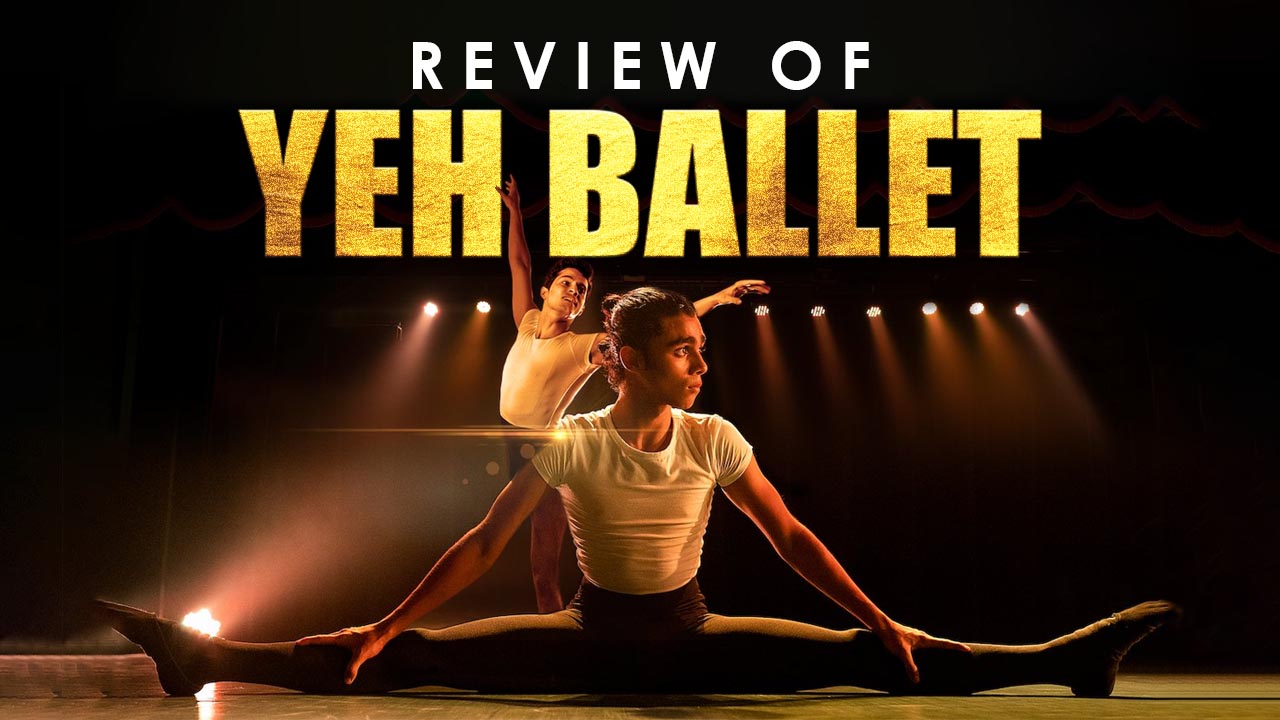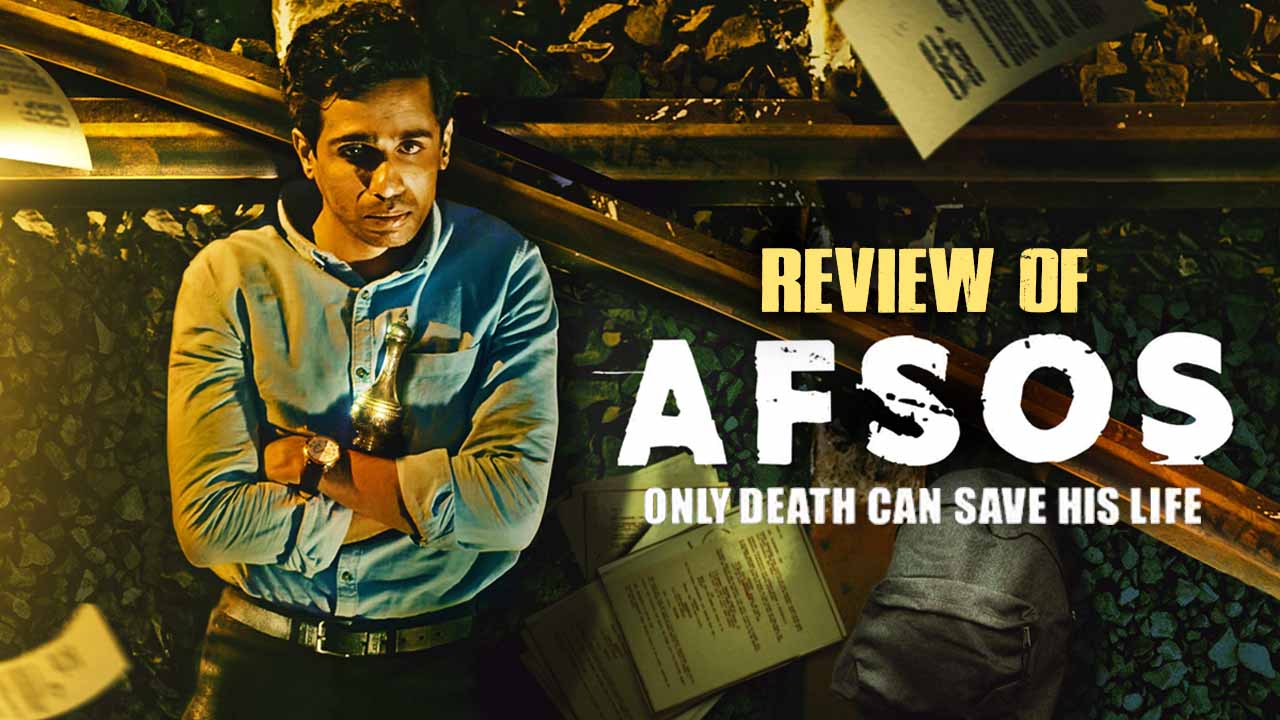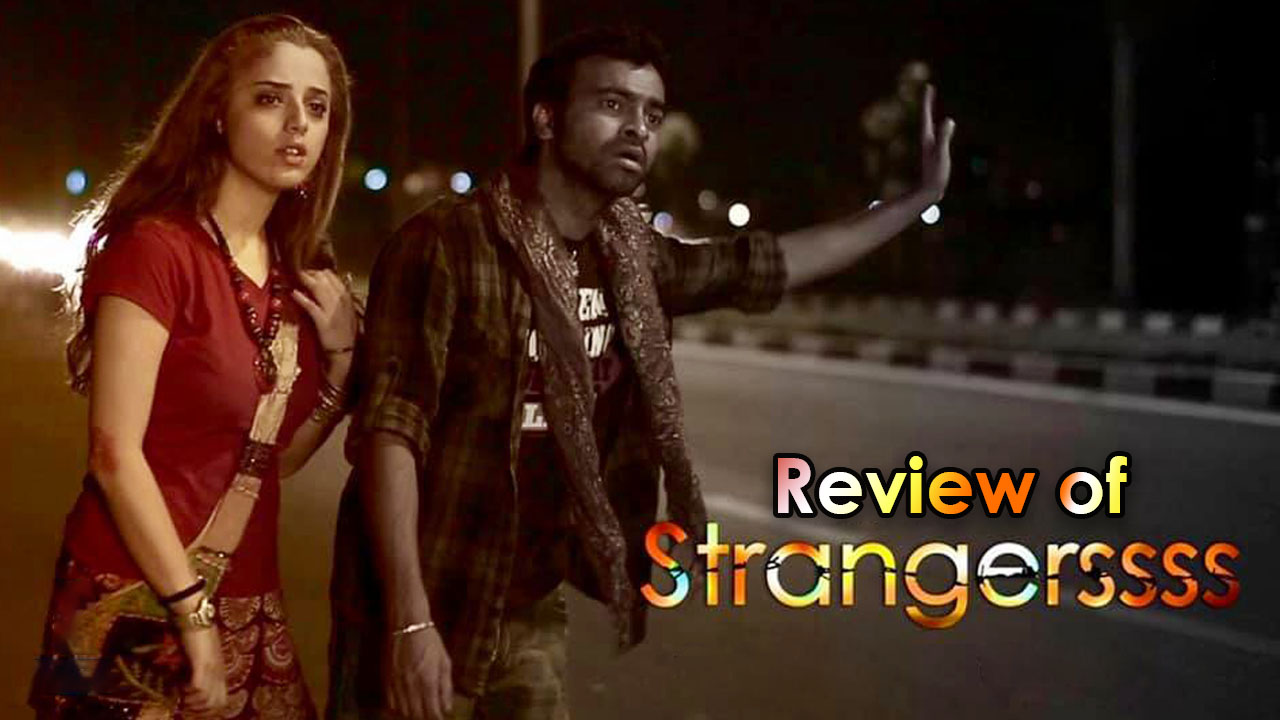
The Films Which Made The Difference…
7th September 2018 was an interesting date in the last decade of the Telugu film industry. On this day, two films calmly came around to the theatres and introduced to us innovative storytelling techniques, remarkably nuanced social commentaries, exciting talents behind the camera, and of course undeniable talents, that of actors and actresses, in front it. Although it can be argued that these films did not achieve the cultural impact that one would have hoped for, still it was a solid start for the new age of Telugu movies. While one of them was an ambitious and poetic take on visual storytelling, the other was a rooted earthly tale of love and hope. I am of course talking about Manu (helmed by Phanindra Narisetty) and Care Of Kancharapalem (helmed by Venkatesh Maha).
Much has been spoken over the years about these movies, and validly so. However, what pricked my interest and curiosity, one which started when I watched these two features and which has continued to date, is the idea of new acting talents and how they are essential in telling stories. Specifically, the new bunch of female actresses and the idea as to how our stories would be told differently because of them.
Telugu Speaking Actresses – Cut To Flash Back…
Since my childhood, every blockbuster movie that I’ve been privy to has been attached to hypermasculine tendencies. Yes, there were the occasional Anand or Bommarillu, but usually, it was almost always the big star heroes, doing their brand of vigilantism (or factionism if it served the purpose) and bringing in a misplaced sense of justice to their loved ones. Sumos would fly, dynamites would blast, towns (or Thota Tharani’s sets) would be destroyed so on and so forth. Even at that point, I used to feel that this genre of storytelling is getting suffocated in its framework. As it were, the movies slowly evolved to romantic comedies.
Here, again ironically it was the hero who invariably used to fall for a proverbial ‘lovely charming bubbly college-going girl’, stalk her, fight the world, etc. Hypermasculinity shifted from violence to romance, but it was still pretty much the defining narrative force. Now in all of this, one wondered what was the role of the said ‘Heroine’ of the film. Well, to put it plainly she was either an object of desire or the vehicle of an inciting incident. She made a hero, a hero; of course after a collection of set-choreographed songs. The films became huge hits catering well to the egos of those celebrating patriarchal structure in society. Stories, therefore, became lop-sided. Actresses were reduced to ignorant dolls; pretty faces having no identity. They loved, they laughed, they cried, they made love, or just died on cue. The frequency of Spicejet flights to Mumbai and Bangalore grew exponentially, and the celeb-occupancy rates for five-star hotels grew along with it. And intelligent and socially relevant storytelling drowned in the shadows of commercial hits.
Present Day – Heroine Introduction…
Now, in this context, the above two films came around like a pile of stones that courageously split the stream. Manu starred Chandini Chowdary as its lead protagonist, Neela, one who made the story of Manu exist in the first place. Chandini’s role changes the status quo of poetic realism established within the story, all while maintaining an air of reason through the proceedings. Chandini in the role brought a certain sense of unexplainable agony, torment, and intrigue which made you sit up and take notice of her sheer talent. Within her debut feature itself, she walks the delicate balance of sanity and insanity, with the finesse of an experienced veteran bringing an overall contemplation to the movie. With one role she’s established that she’s got what it takes to bring deeply etched characters to the fore.
While on one side, Chandini’s Neela was a tormented soul, the day also saw the debut of one other entirely unexpected talent that of Praneeta Patnaik as the hyperconfident Praneetha in Venkatesh Maha‘s rural portraiture of humanity, Care Of Kancharapalem. Although Praneeta was part of only one segment in an overall loosely hyperlinked story, she shone bright with her Telugu linguistic flair and inherent charm. Playing an orthodox Brahmin girl in love with a Christian, Praneeta exuded a nostalgic brilliance to her character, which made one immediately remember their own versions of doomed love stories. A truly accessible portrayal while maintaining a sharp wit and composure; Praneeta made for the girl who defined first love for the audience.
Advocates of Change – The Telugu Speaking Actresses…
These two actresses in many ways fifth-geared the idea of a feminist point of view in normal stories. Exploration of progressive feminism and equal representation which had already taken the shape of a revolution in global entertainment markets now saw a distant cousin in Telugu films as well. One could argue that we always had Anushka Shetty playing the extraordinary warrior archetype in films like Arundhati, Bhagamathie, etc, but then the idea is to have normal stories being told with proper feministic standpoint. In a world where we strive for equal opportunities and proper representation, an extraordinary premise warranting a female lead is detrimental. We need to be able to tell about stories all around us with equal voicing of opinions, isn’t it?
How Times Change – The Second Half…
Rolling back to the discussion, what Manu and Care of Kancharapalem did was to pave the way for two things. One, they encouraged new film directors to tell their ‘stories’ in medium to small budgets, and still guarantee a wide release. The market niche which saw singled out hits like Pellichoopulu (directed by Tharun Bhascker) holding the pole valiantly, found a solid company. The second thing which happened, (along with Pellichoopulu), was to make their female characters become integral to the narrative, while also putting blind faith in the competence of debutant actresses.
Cut To The Pandemic – Third Act…
Much has changed this year due to the global COVID pandemic. Industries evolved into the new normal, where OTT’s became the new arena for films and shows to fight it out. This advent, amongst all other things, brought forth exciting new talents full of promise to further help the storytellers expand their mindsets in terms of issues that they dealt with. Actresses like Komalee Prasad, who brought up an excellent acting display in her web show Zee5’s Loser or Kalpika Ganesh’s Ruhi, bringing a poignant brand of valor and unwavering determination in the same series or Roopa Koduvayur, who brought the eccentric role of Jyothi, a pulsatingly confident and self-assured Telugu girl to life in Netflix’s Uma Maheswara Ugra Roopasya, or one of the most immensely talented actresses to come out in recent times, Ritu Varma, pouring her post-Pellichoopulu confidence into the competent role of Meera in the only legit OTT hit film this year, Kannum Kannum Kollaiyadithaal, made all the difference. Side note – Ritu Varma is basically God’s answer to every writer’s and director’s morning prayer. Enough said.
Unambiguous Climax Shot…
Of course, I dream of the day when our film making market is flooded with Telugu talent. We should be spoilt for choice while handpicking our actors and actresses to fit the roles we envision. Better actors force the writers to bring their A-game to the fore and make for excellent end products. I dream of the day when we expand our stories to talk about the world we occupy, in all its trials and tribulations, in all its sociological upheavals and political implications. For that purpose, we need local talents to shine now more than before. We need actresses who rally our stories around with steely honesty and acute understanding.
Enough of playing the second heroine whose one’s only purpose is to fall for the hero and validate him for the main heroine. We need actresses who can understand the local landscape, speak our tongue, and represent us. We need hundreds of Chandini’s, Praneeta’s, or Ritu’s. And then and only then can we hope to make Telugu films stand out in terms of not just their technical finesse but also their social relevance. Only then we’ll know that selling a script by tagging the name of ‘Heroine-Oriented’ is stupid. We will tell stories irrespective of gender biases. We will tell stories because they need to be told. We will tell stories that truly matter.
